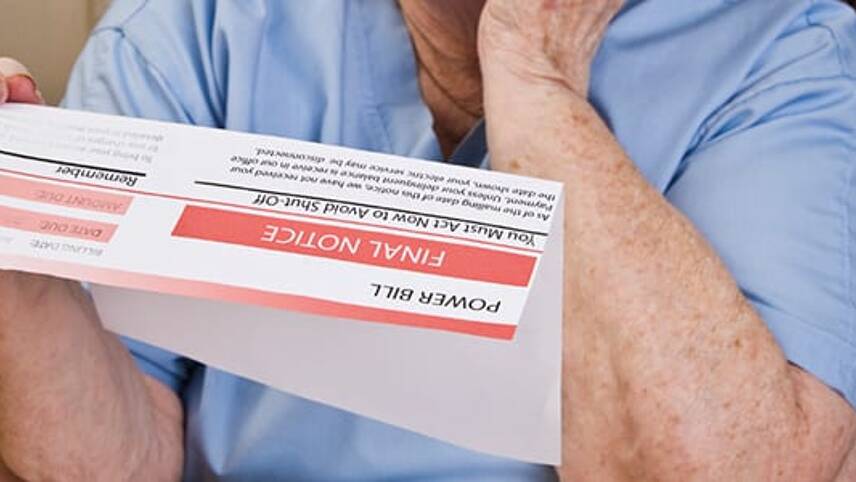Member only content free until 26/05/2024
To continue reading this article and enjoying free access to all Utility Week’s content up to the 26/05/2024 Register today!
Ready to become a member?

Despite welcome news that the energy price cap is to significantly decrease in July, prices are still well above historic averages. Writing in support of Utility Week’s Action on Bills Campaign, So Energy co-founder Simon Oscroft calls on the government to immediately begin working with suppliers and consumer groups on targeted measures for the coming winter. Without these, he says, the government will again need to resort to “blunt and costly tools” such as the Energy Price Guarantee or Energy Bills Support Scheme.
It is of course a huge relief for everyone that households will see a significant fall in their energy bills next month after Ofgem recently confirmed the price cap would be dropping from 1 July. But we are far from out of the woods. In fact, current forecasts for this winter show that average bills will actually be higher than they were last winter, and still almost double what they were before the crisis began just under two years ago.
Ofgem’s price cap from July will be £2,074, down from the effective cap under the Energy Price Guarantee of £2,500 which customers benefited from last winter. However, last winter all customers got at least an additional £66 a month through the Energy Bills Support Scheme, equivalent to a £800 discount when spread across the year, so effectively taking average annual bills down to £1,700. And even with these welcome discounts, we saw record levels of customers getting into debt.

So whilst it’s positive to see prices going in the right direction, the £2,074 cap from July does not take bills down to the levels we saw last winter, nor anywhere near the levels they were the winter before that.
National Energy Action predicts that without further intervention, the number of households in fuel poverty will be 6.6 million – around 50% higher than the 4.5 million households in the same position in October 2021. That is why So Energy is supporting Utility Week’s Action on Bills Campaign. As well as pricing fairly and ensuring our own customers’ experience is as easy and simple as possible, we are campaigning for a fairer energy market for all customers. We are not yet out of the energy cost of living crisis, and we therefore need further intervention from government this winter and beyond.
Without a targeted winter package of support, the government will again need to resort to blunt and costly tools such as the Energy Price Guarantee or Energy Bills Support Scheme to support all households. Whilst these universal support packages clearly helped those most in need, money also went to millions of households that didn’t need any support at all. Taxpayer funded support should be targeted so that it helps those households genuinely struggling to put food on the table, rather than also helping households heat their private swimming pools.
A more targeted package would not only save the taxpayer billions, but it would provide more support to those that most need it. But designing these packages takes time, which is why the government needs to work with suppliers and consumer groups right now in order to effectively implement anything by the Autumn. Here at So Energy we have been working with other suppliers, consumer groups and think tanks to refine effective solutions that the government can implement here and now. 
An effective social tariff will play a critical role in alleviating fuel poverty but the time for this is next year and there is still a significant amount of work to do. In the short term, we must look to the existing mechanisms within the industry to rapidly expand our support to those 6.6 million households in fuel poverty. Focusing on the Warm Home Discount scheme is clearly the route that provides the most efficient pathway to deliver additional bill support to millions of households. However, immediate decisions must be made as to how to expand the criteria to include a greater number of households and ideally aligning to the 8 million low-income households that have been receiving Cost of Living support payments.
If there is one lesson to take away from the energy crisis it is that we need a new system to not only support but better identify those who are in most need. We cannot continue to use sticking plaster solutions and must instead give vulnerable households the reassurance that support is available for them this winter and beyond. Targeted support cannot be delivered at the drop of a hat – the government must act now if is to deliver what’s needed by the time temperatures drop later this year.




Please login or Register to leave a comment.